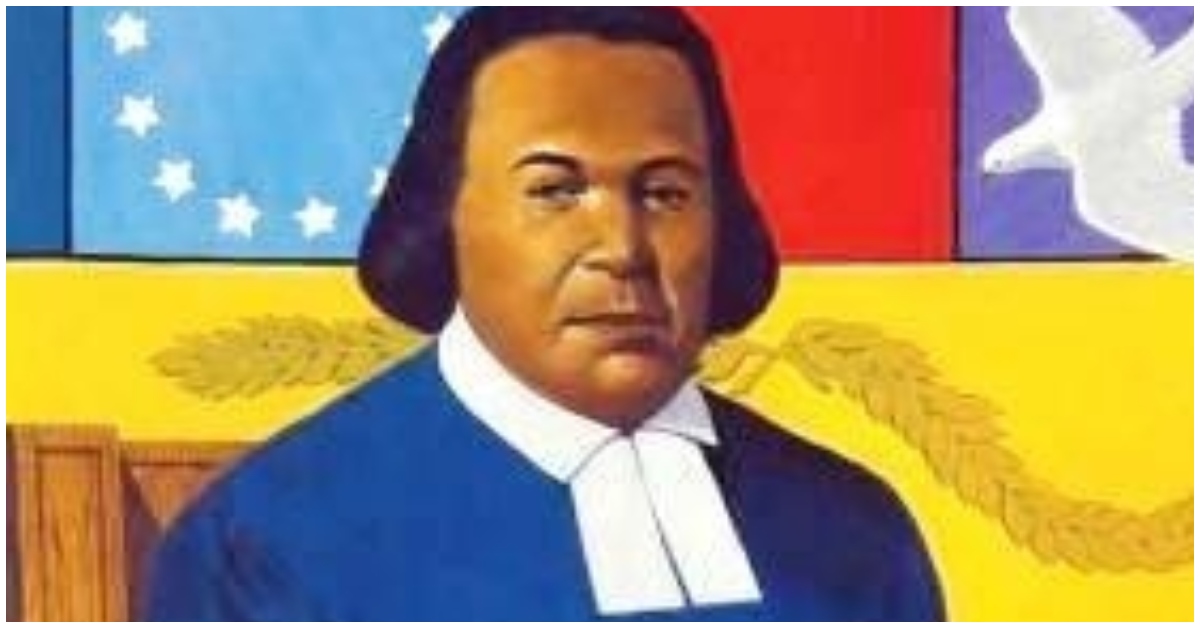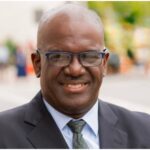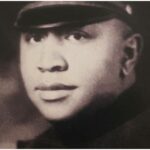A Trailblazer’s Journey
Absalom Jones, born into slavery in 1746 in Sussex County, Delaware, defied the shackles of oppression and carved a path that would forever reshape the American religious landscape.
His unwavering determination and commitment to equality propelled him to become the nation’s first Black Episcopal priest, a pioneering figure who inspired generations to come.
Purchasing Freedom, Embracing Education
From a young age, Jones yearned for knowledge, using his meager earnings to purchase books and beg for instruction from anyone willing to teach him. His thirst for education persisted even after being sold to a new master in Philadelphia, where he attended a Quaker night school and honed his writing and mathematical skills.
In a remarkable act of perseverance, Jones and his wife, Mary, a fellow former slave, worked tirelessly to purchase their freedom, ultimately securing their liberty and establishing a home in the city.
The Birth of the Free African Society
Jones’s profound impact extended far beyond his personal achievements. Alongside his friend Richard Allen, he co-founded the Free African Society (FAS) in 1787, the first organization of its kind for free Blacks in America.
The FAS provided a vital support system for the Black community, offering aid to widows, fatherless children, and those in need of healthcare and burial expenses.
It also served as a catalyst for the independent Black church movement, holding regular religious services and eventually transforming into a nondenominational “African Church.”
A Pioneer in the Episcopal Church
In a historic moment, Jones’s congregation, the African Church, was accepted into the Episcopal Diocese of Pennsylvania in 1794, becoming St. Thomas African Episcopal Church – the first Black Episcopal church in America.
Jones’s ordination as a deacon in 1795 and later as a priest in 1804 shattered barriers, making him the first Black American to be ordained by a major religious denomination.
His leadership and dedication to racial and moral reform extended beyond the church, as he established schools for Black children and petitioned for the abolition of slavery.
A Legacy That Endures
Absalom Jones’s life and achievements stand as a testament to the power of perseverance, education, and unwavering commitment to justice.
His portrait by artist Raphaelle Peale, depicting him in his ecclesiastical robes with a Bible in hand, serves as a powerful symbol of the respect and dignity he earned through his tireless efforts.





